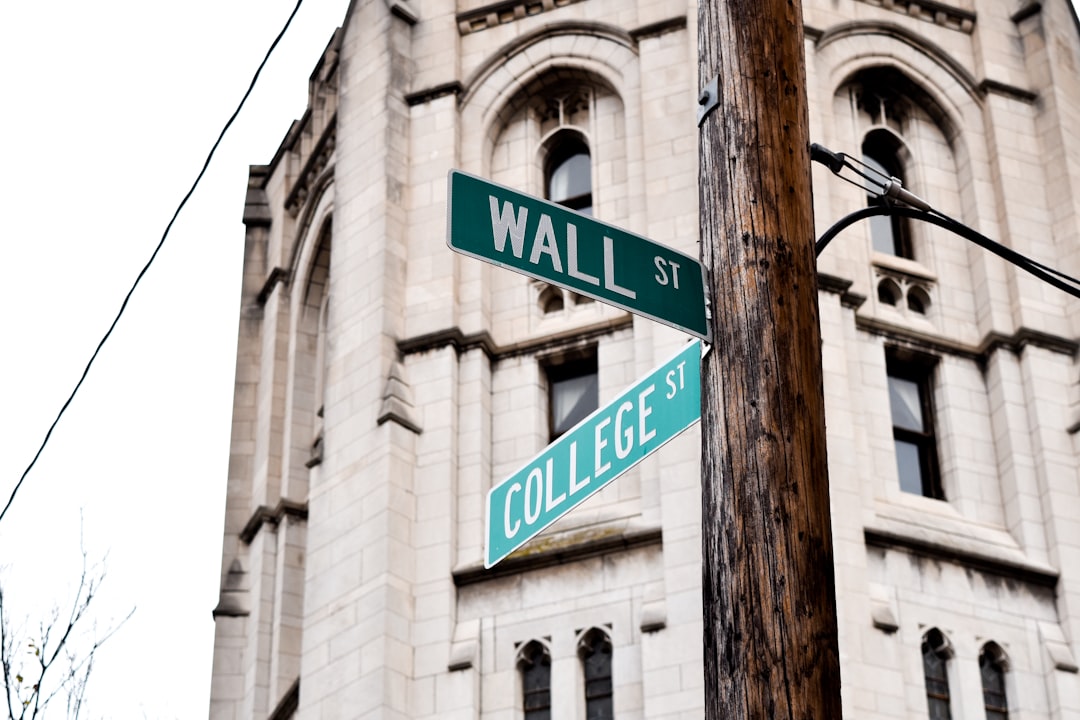Why College Students Are Afraid To Speak Up
Yale Law School incident shows the terrifying pressure colleges exert on students who deviate from the accepted script

There has been a lot of discussion lately about the pressure exerted on college students to follow a narrow script with respect to identity politics.
For example, female swimmers of the Ivy League were afraid to sign their names to a petition complaining it was unfair to make female swimmers compete with a 6-foot-4-inch biological male swimmer who had identified as a woman a year earlier. They were willing to forgo recognition for athletic excellence that many had spent thousands of hours pursing.
An incident at Yale Law School last year reported by The Washington Free Beacon sheds light on why students are afraid to speak up.
The Beacon exposed the extreme pressure placed on a Native American student at Yale Law School who sent out a party invitation on a ListServe that led to complaints by black students.
The story is terrifying.
Triggering Terms
The student, Trent Colbert, invited fellow-members of the Native American Law Student Association (NALSA) to a Constitution Day Bash in the fall of 2021 in collaboration with another student group, the Yale Federalist Society.
“We will be christening our very own (soon to be) world-renowned NALSA Trap House,” he says in an email, adding that traditional American-themed snacks like “popeye’s chicken” and “apple pie” would be served.
A few hours later, Colbert, who is part Cherokee, was summoned to the 8-official Yale Office of Student Affairs where he was greeted by Assistant Dean Ellen Cosgrove and Diversity Director Yaseen Eldik, who worked in the Obama Administration’s White House Office of Faith-Based and Neighborhood Partnerships.
The Beacon obtained audio of the hair-raising conversation.
Colbert was told nine students had complained his reference to trap house connotes crack use, hip hop and blackface. Eldrik said the email made a “mockery of black people.”
The Urban Dictionary says traphouse is a widely used pop culture slang term meaning a place to score beer. It says the term surfaced originally to describe a crack house in a bad neighborhood.
The president of Yale’s Black Law Students Association wrote: “I guess celebrating whiteness wasn’t enough. Y’all had to upgrade the cosplay/black face.” She also objected to the mixer’s affiliation with the Federalist Society, which she said “supported anti-Black rhetoric.”
The Yale officials said complainants also objected to NALSA’s association with the Yale Federalist Society, an influential conservative group founded at Yale in 1982 that advocates for a textualist and originalist interpretation of the U.S. Constitution. Eldik said students “already feel like FedSoc belongs to political affiliations that are oppressive to certain communities. That of course obviously includes the LGBTQIA and black communities and immigrant communities.”
Colbert professed he was completely unaware the term “trap house” had discriminatory connotations. [He later said he stood by his language, citing its “wide” usage in popular culture.]
Colbert told the Yale offiicials that students who objected to his email should contact him and he would explain. But that wasn’t an acceptable solution to Cosgrove and Eldik.
Future At Stake
The insidious part of all of this was the implied threat by Cosgrove and Eldik to ruin Colbert’s future if he refused to send a formal apology to the Black Law Student Association.

